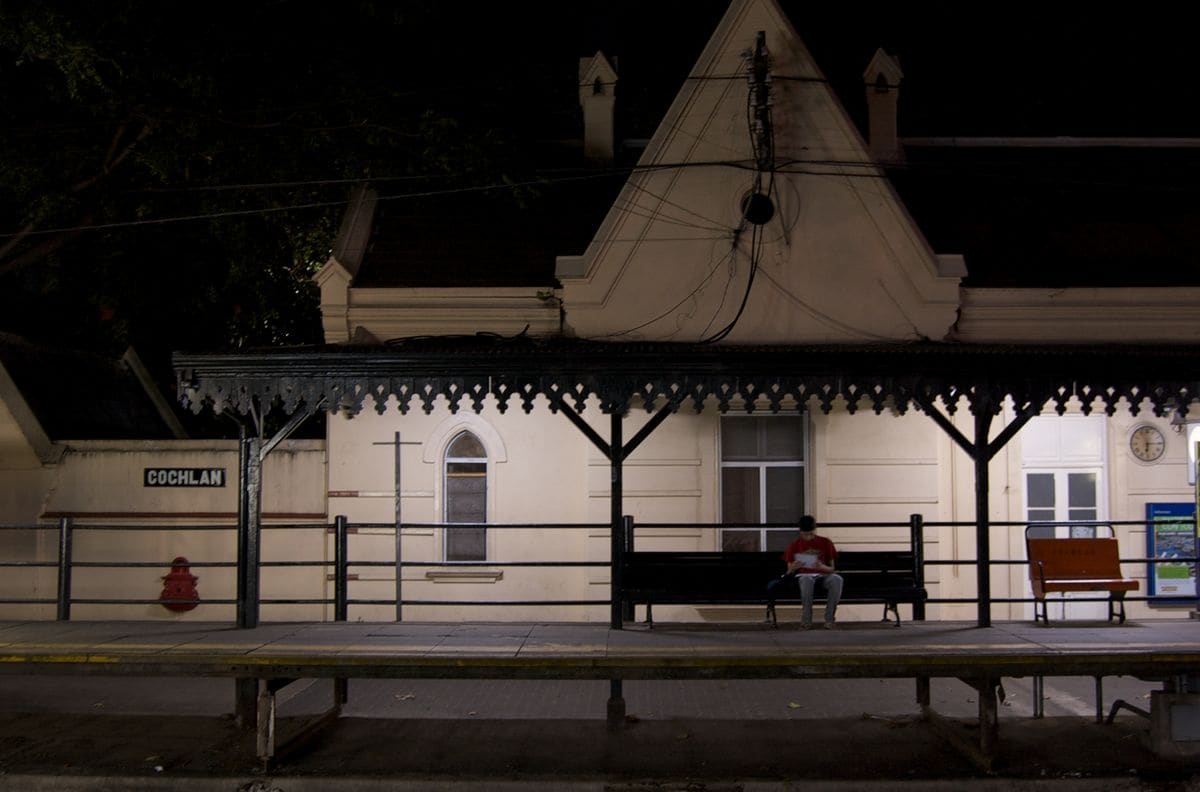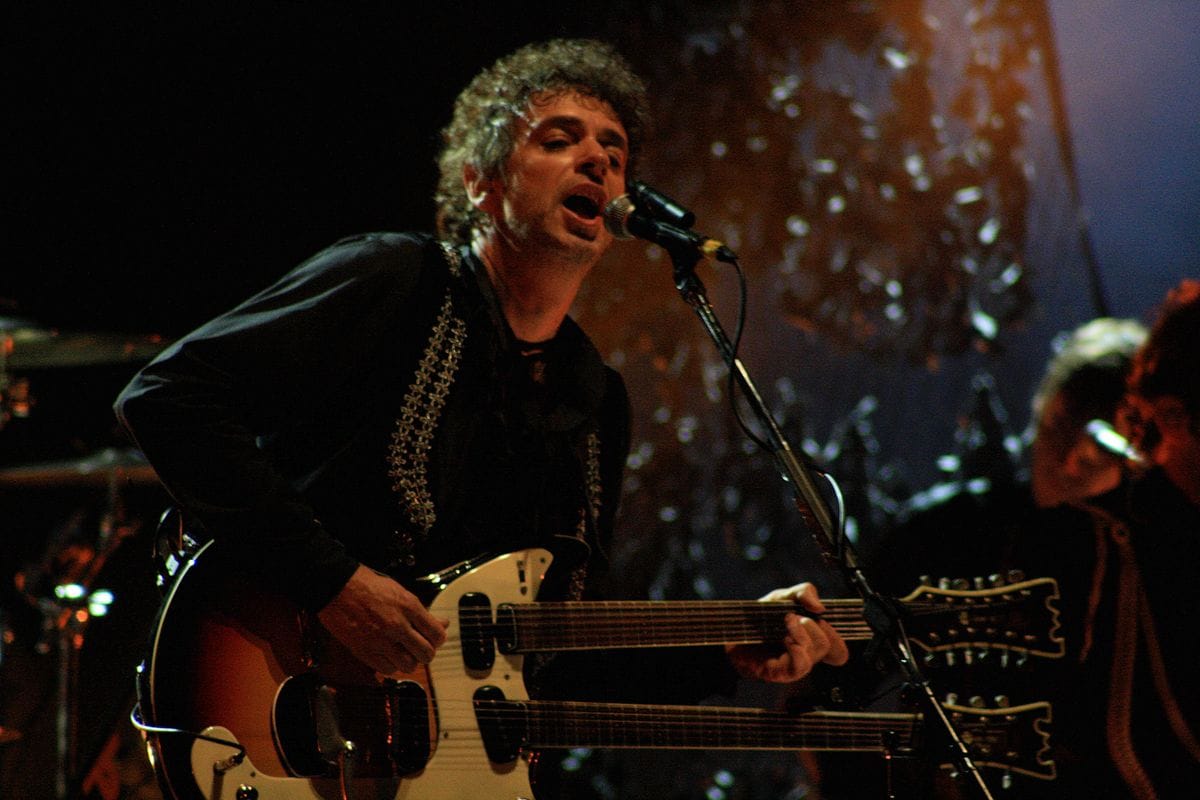A house once rented by Argentine rock icon Gustavo Cerati has become the center of an unsettling discovery. Located in the quiet Coghlan neighborhood of Buenos Aires, the property, occupied by Cerati between 2001 and 2003, was recently sold and demolished to make way for new construction. What began as a routine excavation took a dark and unexpected turn when workers unearthed bones and several watches buried beneath the site.
A home with deep roots
According to a report by Todo Noticias (TN), the discovery occurred after the house had already been torn down. As workers began digging, a section of earth from the neighboring property gave way, revealing what appeared to be human remains. “At one point, a chunk of earth from the neighboring house came loose, revealing what appeared to be human bone remains,” stated a police report quoted by TN.
The finding immediately drew the attention of local authorities. Forensic police recovered the bones and the watches and sent them for analysis. Depending on the results, the case could be transferred to federal investigators.
Marina Olmi, a visual artist and former landlord of the property, offered insight into the site’s long and complex past. She purchased the house 30 years ago from a German woman named Olga Schuddekopf. “Before the German family, it had been a nursing home,” Olmi explained. “And even earlier, about 150 years ago, there was a chapel and a stable on that land.”
This layered history is now central to the investigation. Authorities are trying to determine the age of the remains and whether they trace back to the nursing home era or to an even earlier period.
A Poetic Twist
The strange news inspired a lyrical reflection on social media, where fans pointed to a symbolic connection with one of Cerati’s most haunting songs. 'Crimen,' released in 2006 on his album Ahí Vamos, explores themes of unresolved loss and emotional aftermath. Cerati once described the lyrics as “an unsolved crime, a wound that lingers beneath the surface.”
The discovery of human remains at a house he once called home adds an eerie and poetic layer that resonates with the emotional terrain of his work.
As the investigation continues and forensic teams search for answers, the story has taken on a tone that feels strangely in tune with Cerati’s own artistic legacy. It is mysterious, haunting, and filled with echoes of the past.







